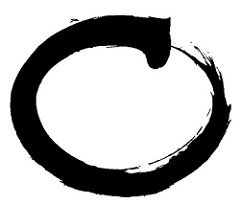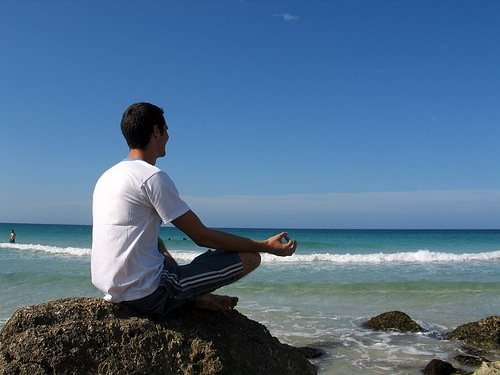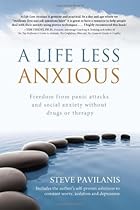“All men’s miseries derive from not being able to sit in a quiet room alone.” Blaise Pascal (17th century scientist and philosopher)
In my mid-20’s my life was completely sidetracked by the onset of panic attacks and extreme social anxiety. My once normal and active life became filled with fear, paranoia, and the constant worry that I might be losing my mind… or at least my grip on reality. I was completely terrified of my thoughts and felt I had no control over them. This spawned a fear that I may not be in control of my actions, and that I may do something terribly embarrassing at any moment. To avoid this dreadful outcome, I became agoraphobic, avoiding nearly all social interactions with others. I had once been a social butterfly, but now I only left my one-bedroom apartment when forced to.
As my condition worsened my world continued to shrink. Desperate for help, I visited many different doctors and therapists who prescribed antidepressants and anti-anxiety medications. None provided relief. Instead, the medications made me feel numb, lethargic, and only turned the volume down on my worrisome thoughts and feelings. I needed to find something that would help me, for I couldn’t go through the rest of my life this way.
One day while browsing through a book-store, desperate for relief, I happened upon a section on Eastern religions. A few books on Buddhism jumped out at me and I decided to buy them. These books would become my new best friends over the coming years.
I read them over and over, learning about Buddhist principles and a different approach to life. Most importantly, I learned the importance of living in the moment, being thankful, and spending time in silence. However, as someone suffering from extreme anxiety problems, I was terrified of facing my thoughts. I couldn’t even fall asleep at night without alcohol, medication, or distractions such as television. I had to become comfortable facing my thoughts in silence. I knew I needed to learn how to meditate.
I began with the simplest instructions, and sat in silence in a quiet room by myself, focusing on the in and out of my breath. At first this actually made me more anxious! However, as I had read comments from many meditation experts, the key to meditation is to stick with it and stay in the moment. Don’t let the fear overtake you and cause you to react. Instead, be mindful of your negative or scary thoughts, but don’t react to them. Simply let them pass. Eventually, these thoughts diminish and eventually disappear as the mind tires itself out. I was very sceptical that first day, but it worked.
After sitting in silence for twenty minutes that first day, I felt more relaxed than I had in years. I was once again excited and optimistic about my life! The more I practised meditation, the more I learned about myself and the world. I became better at tuning out negative or harmful thoughts, controlling my emotions and reactions, and developed a much healthier and positive outlook on life. Because I was comfortable in silence, I no longer depended on distractions or medication to fall asleep at night.
I have now been meditating for years, and will continue to practice it daily for the rest of my life. I cannot express in words the wonderful effect meditation has had on my life. It has helped me overcome and conquer my anxiety problems and dependence on medication, and continues to teach me to appreciate and live in the moment. I never would have been able to achieve the wonderful peace of mind I now have without meditation.
I truly believe meditation can benefit everyone, and encourage everyone to give it a try.
Steve Pavilanis
Author “A Life Less Anxious – Freedom from panic attacks and social anxiety without drugs or therapy”
A Life Less Anxious
Kindly contributed to Zen Moments by the author
Photo: Meditation by rubyblossom.
A Life Less Anxious: A Life Less Anxious: Freedom from panic attacks and social anxiety without drugs or therapy


